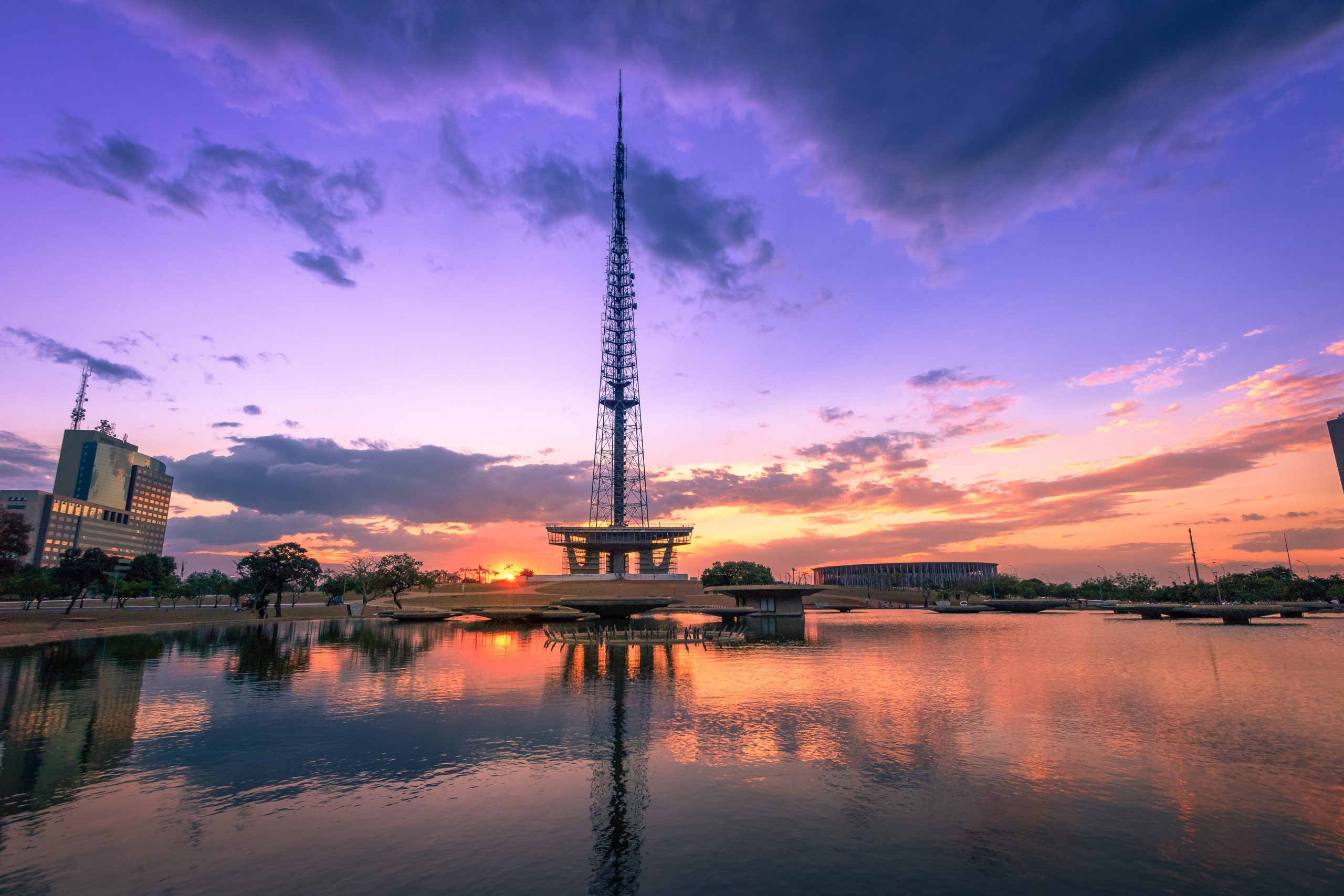Israel’s public broadcaster threatened with privatisation
13th January 2023
The new Communications Minister has said there is “no place” for public broadcasting in Israel, as he threatens Kan with privatisation.

There are ominous signs for the future of the country’s independent public broadcaster, Kan, as Benjamin Netanyahu’s new government threatens it with privatisation.
The government – described as Israel’s “most right wing … ever” – has already made multiple moves which look to impinge on human rights in the couple of weeks it has been in power. The country’s national security minister has banned the flying of Palestinian flags from public places. Israeli institutions are under threat. Controversial plans to overhaul the country’s judiciary have also been announced by the new government.
“Almost half of Israelis now believe that their country’s democracy is in grave danger,” The Guardian wrote in a recent editorial. “They are right. The assault upon its institutions is not merely the alarming result of a far-right government. It is to a large degree the raison d’être for this administration.”
Read more: Privatisation off the table for Channel 4 and EBC
Israel’s public broadcaster, Kan, is also being threatened. There were signs before the government was sworn in. A report stated that Mr. Netanyahu’s party, Likud, would shut down the broadcaster’s news department. At the time, Likud MK (Member of Knesset) Shlomo Karhi said he was unfamiliar with the plans, but that he supported the move. “There should not be public broadcasting, we are in favor [sic.] of privatizing the corporation,” he told GLZ Radio.
His comments provoked concern from opposing politicians. Yesh Atid MK Moshe Tur-Paz said the actions of the new government were the “first lesson in the school of dictators: weaken the gatekeepers, silence the media, shrink the justice system and cut off the checks and balances.”
The EBU’s Director General, Noel Curran, also weighed in. “Independent news and information form an integral component of public service media organizations and make a key contribution to media pluralism in well-functioning democracies,” he said. “With the primary interest of the public in mind, that directly funds KAN, we trust the new government will also safeguard the independence of KAN and enable it to continue to fulfil its mission in democratic society”.
This appeal has, so far, been ignored. Mr. Karhi has since been appointed Communications Minister, and at a recent conference, repeated his position. “In my view, there is no place in this day and age for a public broadcaster when there is a wide range of channels,” he said. He further accused the broadcaster of being “biased toward the left” and claimed that it was policing “conversation that cut off the connection between the public and the media.”
According to the State Media Monitor – a database of the world’s state-administered media companies – Kan has long been subjected to attempts from the government to censor or control the editorial output.
“Independent news and information form an integral component of public service media organisations and make a key contribution to media pluralism in well-functioning democracies.”
– Noel Curran, EBU Director-General
There were attempts to dismantle its news division back in 2017. However, this was abandoned after internal disagreements within the government, and after the EBU included the news department’s protection in their conditions for hosting the Eurovision Song Contest, which Israel had won the previous year.
The government’s policy is of significant concern. According to The Times of Israel, “the move would be unlikely to face pushback in Netanyahu’s current right-religious government.”
Privatising the broadcaster, or even removing the organisation’s news department, would amount to an egregious attack on journalism and freedom of expression. It would demonstrate contempt for independent media, which scrutinises and holds power to account. That it is even being considered demonstrates a profound lack of understanding of the value of public service media, its value for audiences, and how it is a critical component of a functioning democracy.
PMA supports the concern expressed by the EBU. This pressure on Kan fits within a broader pattern of threats towards key democratic institutions since coming to power. PMA calls on the Israeli government to stop threatening the broadcaster and provide assurances for Kan’s independence, ownership status and editorial freedom.
Related Posts
5th January 2023
Privatisation off the table for Channel 4 and EBC
The UK government is to scrap plans to…



